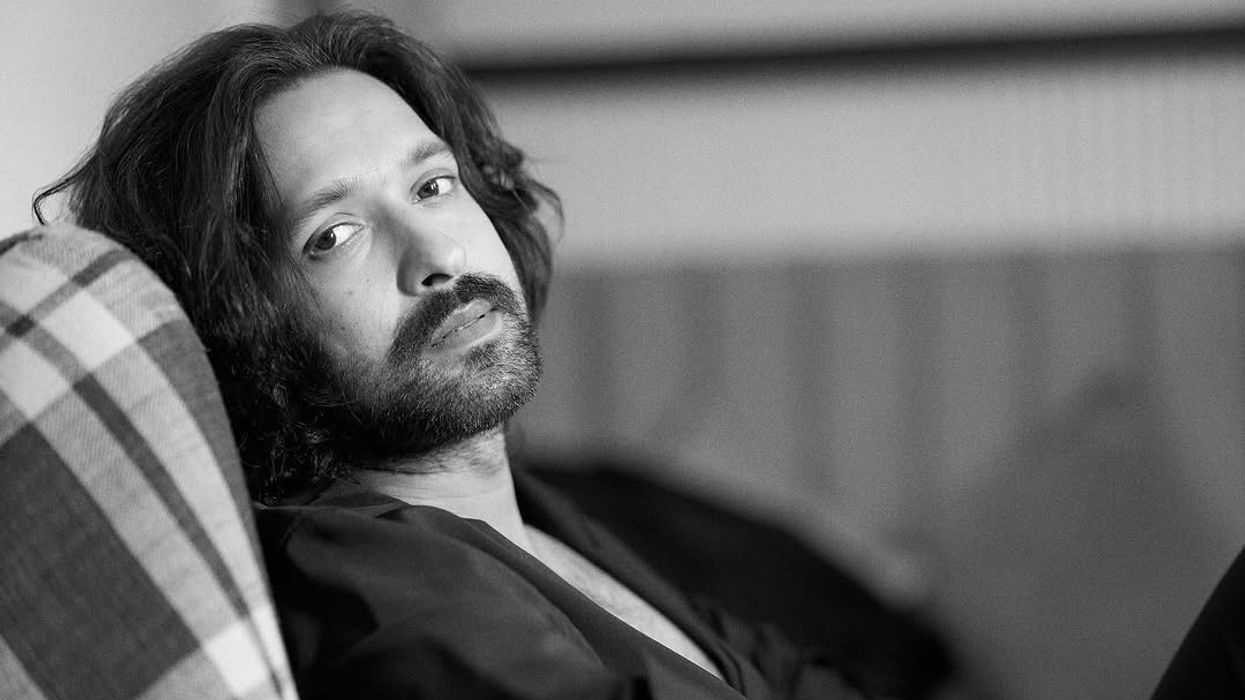Highlights:
- Vikrant Massey won the National Film Award for Best Actor for his performance in 12th Fail
- From emotional underdogs to intense anti-heroes, Massey has showcased unmatched versatility
- His role in Sector 36 marked a dramatic shift from his usual image, earning critical acclaim
- Massey's upcoming role as Sri Sri Ravi Shankar in White promises another transformation
- With no industry backing, Vikrant’s steady rise proves raw talent still matters in Bollywood
Let’s just say it: Vikrant Massey is having the moment. After quietly stacking up powerful performances over the years, the 12th Fail actor finally bagged the National Award, and it feels like the whole country is catching up to what his longtime fans already knew: the man can act.
No frills, no gimmicks, no star kid privileges. Just raw talent, vulnerability, and an uncanny ability to disappear into any character, be it a lovesick small-town boy, a haunted journalist, or a cold-blooded killer. Vikrant Massey isn’t just versatile; he’s fearless.
Here’s a look at the performances that didn’t just win over audiences but proved that Massey is the quiet force Bollywood didn’t see coming.
1. 12th Fail – The underdog who became a national inspiration
In what is now his most celebrated performance, Vikrant played Manoj Kumar Sharma, a boy from rural India who fights every odd to become an IPS officer. It wasn’t just acting; it felt like lived experience. His honesty, innocence, and emotional range in this role made it impossible not to root for him. It won him a National Award, yes, but more importantly, it gave us a new kind of hero on screen: one who doesn’t roar, but rises.
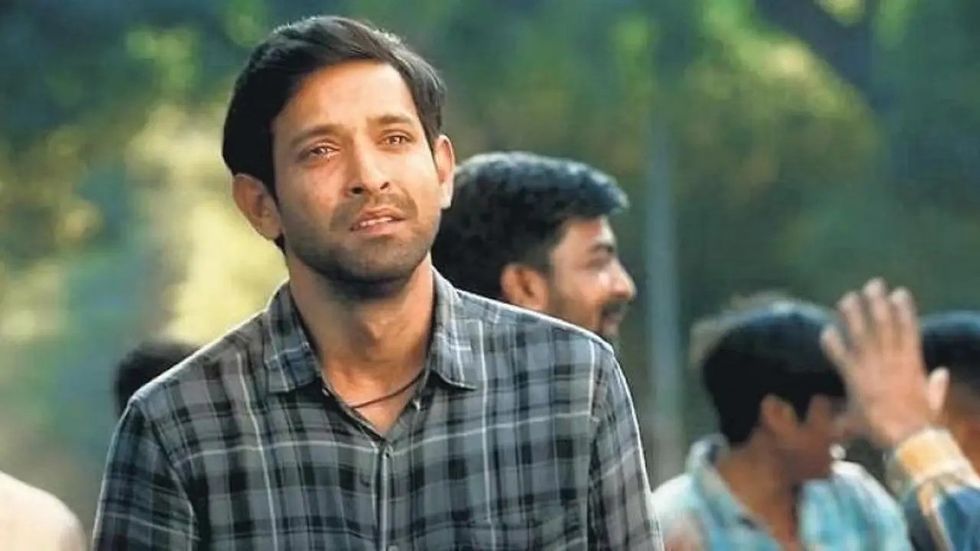
2. Sector 36 – Massey, but make it menacing
Gone was the sweet boy next door. In this gritty thriller, Vikrant flipped his image and delivered a performance that chilled to the bone. As a morally grey character surrounded by crime and chaos, he proved that he’s not just comfortable in dark spaces; in fact, he thrives in them. It was a career-defining shift that made everyone sit up and say: he can do this too?
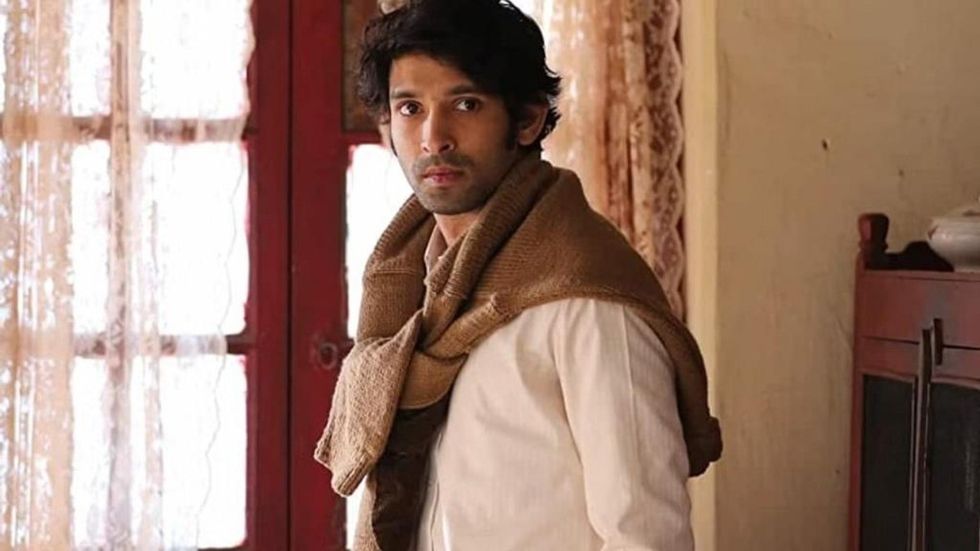
3. Haseen Dillruba – The lover, the simp, the storm
Rishu was awkward, shy, and hopelessly in love, but Vikrant gave him such layered depth that you never knew when sympathy would turn into suspicion. His slow-burn transformation from soft to scary made this twisted romantic thriller all the more unpredictable. It wasn’t just a supporting role; it was the emotional backbone of the film.
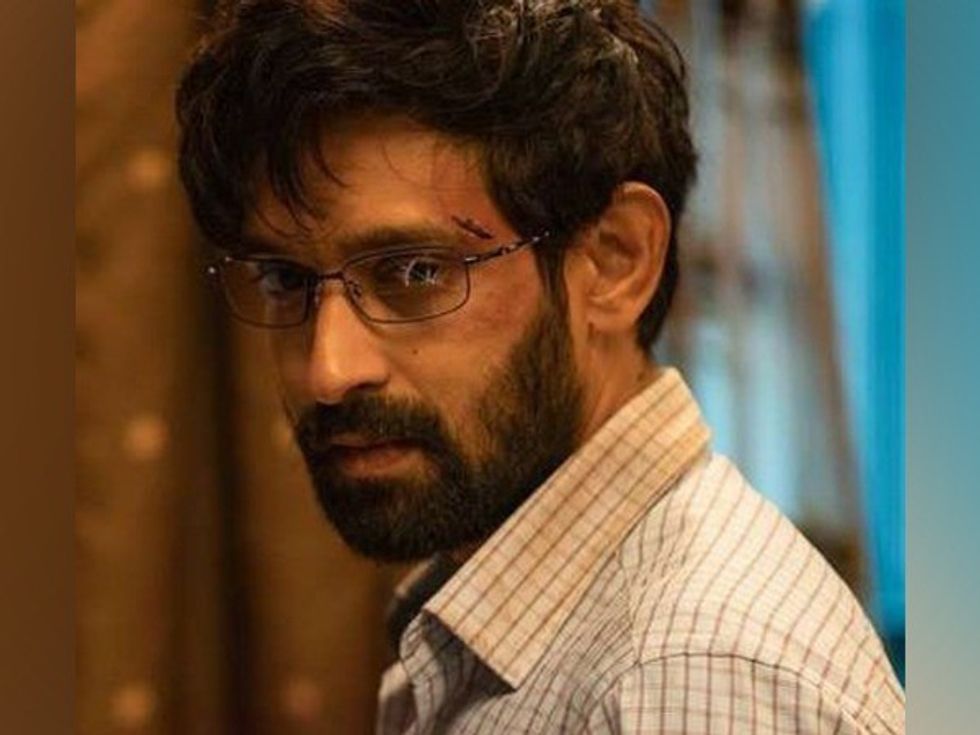
4. The Sabarmati Report – Truth hurts, and he made sure we felt it
Based on a real-life tragedy, this film saw Vikrant play a journalist caught between justice and politics. He brought empathy and urgency to the screen, carrying the weight of grief, truth, and moral complexity with striking restraint. Not many actors could've pulled off this kind of role without turning it preachy. Massey did it with quiet fire.
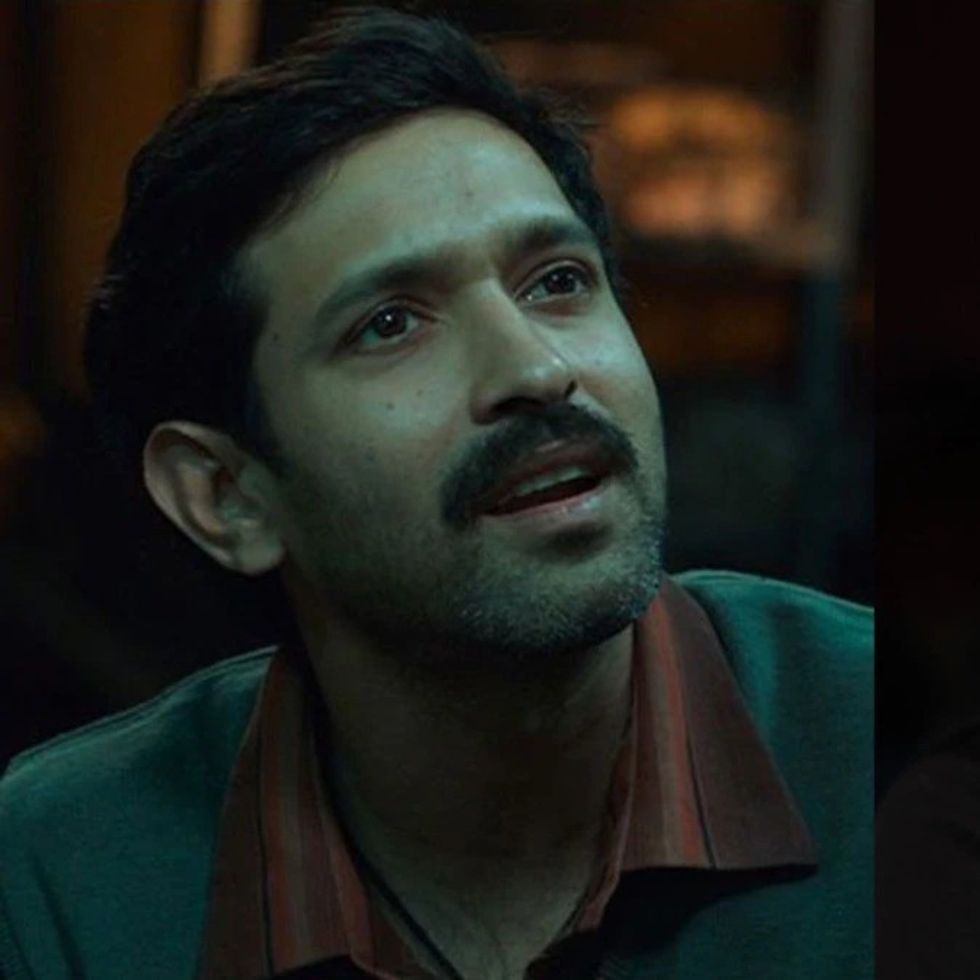
5. Lootera – Small role, massive impact
Even in a film headlined by Ranveer Singh and Sonakshi Sinha, Vikrant held his own. As the loyal friend Devdas, he delivered a performance so grounded and heartfelt, it lingered long after the credits rolled. No theatrics, just sincerity, and that’s always been his superpower.
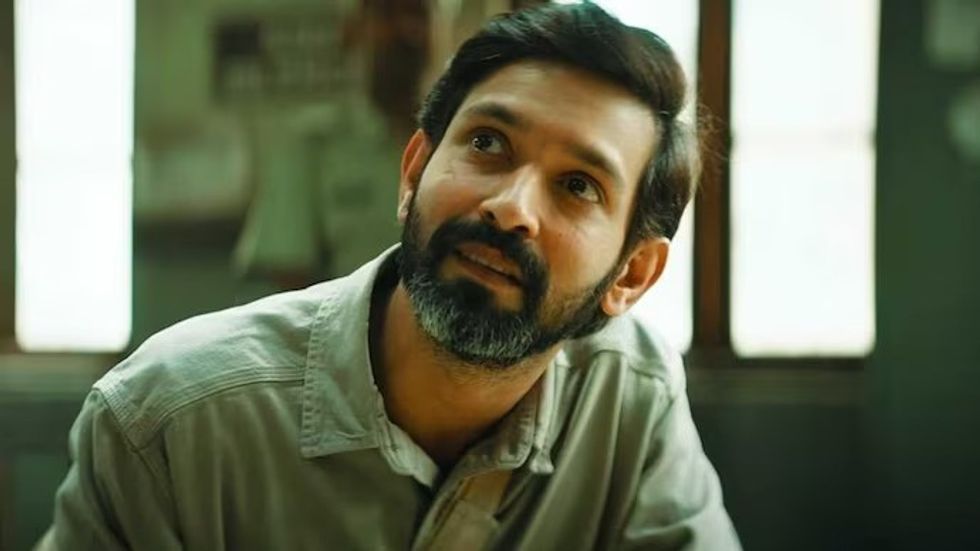
6. Coming up: Playing Sri Sri Ravi Shankar in White
Vikrant is set to step into the shoes of spiritual leader Sri Sri Ravi Shankar in his upcoming biopic White. It’s yet another departure from anything he’s done before, and given his track record, we have no doubt he’ll pull it off with quiet brilliance.
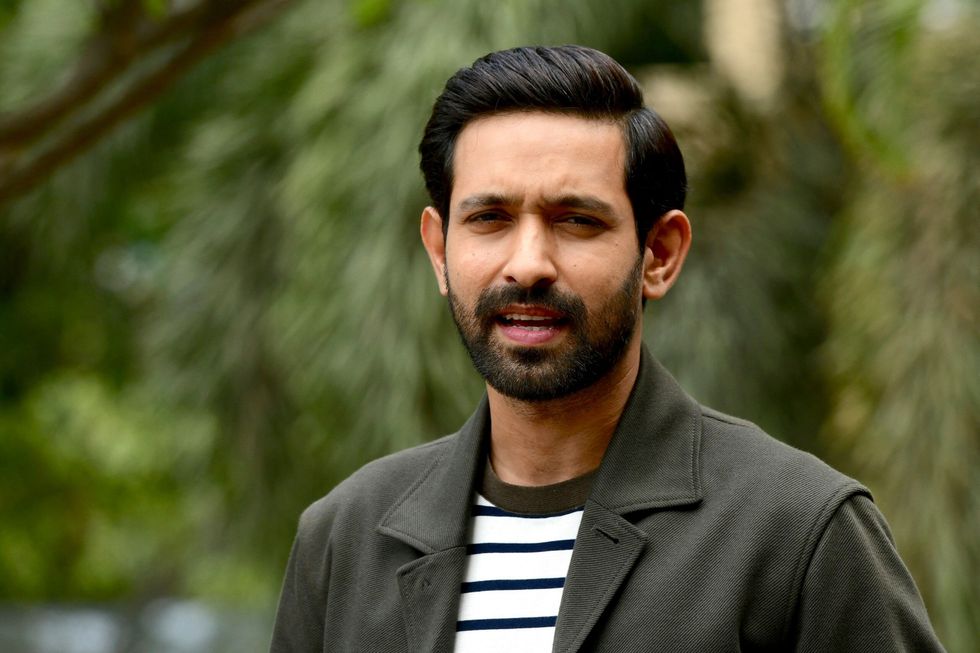
The bottom line?
Vikrant Massey doesn’t chase the spotlight. He earns it. While others chase stardom, he builds a legacy, one unforgettable role at a time. And honestly? We’re just lucky to watch it unfold.
